Flooring Contract
Jim Clark Contractors
Free Template
A flooring contract is a formal agreement between a client and a contractor that outlines the flooring type, installation process, materials, project timeline, and costs for a renovation project. A clear, written contract defining expectations minimizes surprises and costly changes.
Whether you’re a contractor or new homeowner, establishing a flooring contract is a practical safeguard for both parties. This agreement helps keep both people accountable, and sets clear guidelines for how flooring renovations should be completed efficiently and safely.
There are multiple types of projects where you’ll want to have a contract in place:

Here’s some common sections and terms you’ll probably see in a residential or commercial flooring contract:

A detailed estimate quote gives your client a clear picture of what to budget for their flooring project. It breaks down labor, materials, and any extras. Quoting your price and timeline offers transparency and shows your client you're upfront and honest. Be sure to include a clause in the quote that allows for estimated adjustments if unexpected costs pop up, too.

Jim Clark Contractors
Jim Clark Co.
This Flooring Installation Contract ("Agreement") is made and entered into on [Date], by and between:
1. Property Description: The flooring installation will take place at the following location: [Legal Description of the Property, including address].
2. Grant of Access: The Property Owner grants the Flooring Contractor and any subcontractors access to the property to perform the agreed-upon flooring installation work. Access will be granted during the following days and times: [Specify days and times]. Tools, materials, and equipment may be stored in the following locations: [Specify locations and procedures].
3. Right to Inspect: The Property Owner retains the right to inspect the work at any reasonable time to ensure compliance with the terms of this Agreement.
4. Scope of Work:
The Flooring Contractor agrees to perform the following flooring installation work:
5. Project Timeline:
6. Price and Payment Terms:
7. License, Permit, and Insurance Requirements:
8. Unforeseen Circumstances/Acts of God: Neither party will be held liable for failure to perform their obligations under this Agreement due to unforeseen circumstances or acts of God (e.g., natural disasters, severe weather, pandemics).
9. Hidden Defects: If the Flooring Contractor discovers any hidden defects or hazardous conditions (e.g., mold, asbestos, subfloor issues) during the installation, work will be halted immediately, and the Property Owner will be notified. The parties will then agree on the necessary repairs and any additional costs or changes to the timeline.
10. Amendments: This Agreement may be amended only by a written document signed by both parties. Any changes must be discussed and agreed upon before they take effect.
11. Termination:
12. Warranties:
The Flooring Contractor provides the following warranties for the work performed:
13. Dispute Resolution and Remedies:
14. Indemnification: Each party agrees to indemnify and hold harmless the other party from any claims, damages, or liabilities arising out of the performance of this Agreement, except in cases of gross negligence or willful misconduct.
15. Attachments:
The following documents are attached to and form part of this Agreement:
16. Signatures: By signing below, the parties agree to the terms and conditions outlined in this Flooring Installation Contract.
This Agreement constitutes the entire agreement between the parties and supersedes all prior negotiations, representations, or agreements, whether written or oral. This Agreement may be executed in counterparts, each of which shall be deemed an original, but all of which together shall constitute one and the same instrument.
Answers to our most asked questions about flooring contract templates
Contact usDiscover more articles that align with your interests and keep exploring.